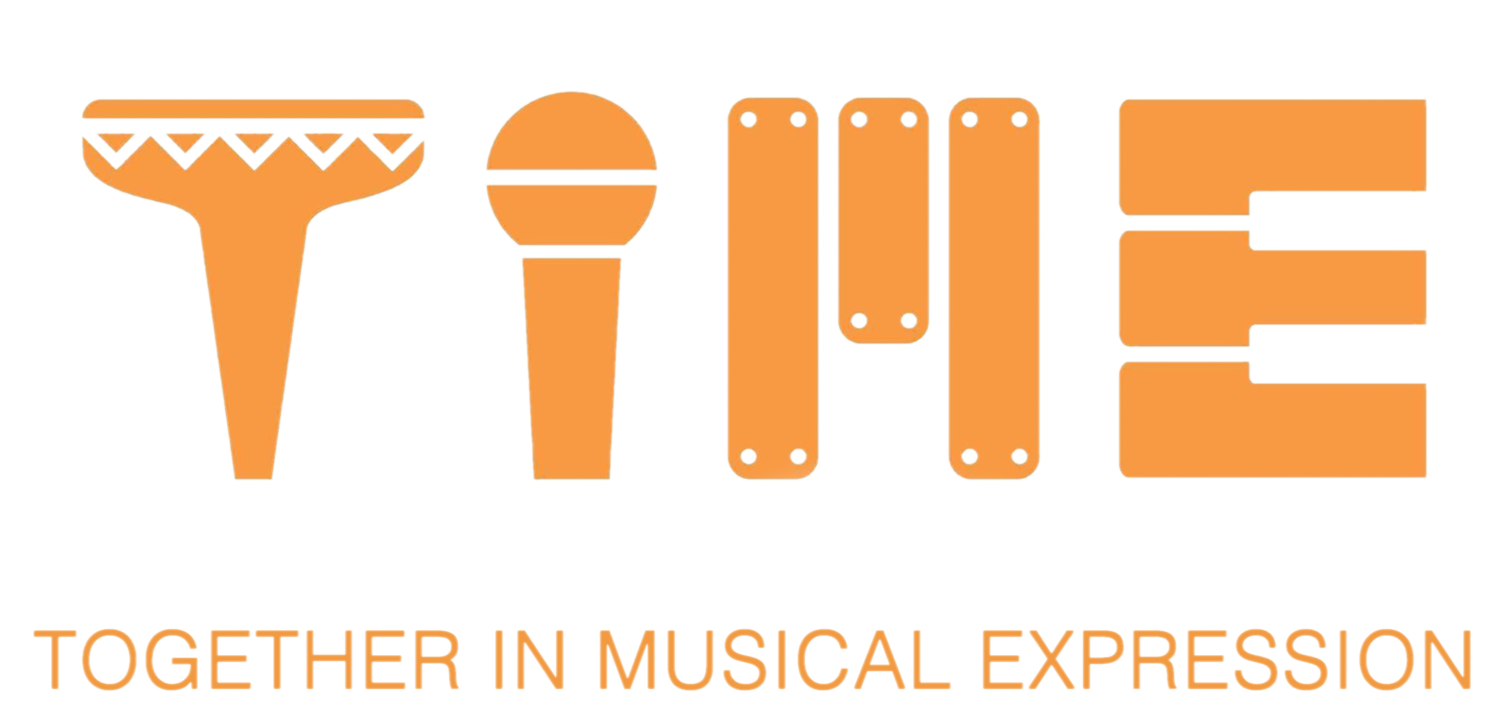How music impacts our brain, lives and well-being.
How music impacts our brain, lives and well-being.
“Without music, life would be a mistake” – Friedrich Nietzsche
How Music effects the brain
When we listen to music, our brain sets off fireworks. As we listen, our minds process the sound, take it apart to understand elements like melody and rhythm and then put it back together again, all in a split second to form what we hear as music. Multiple areas of the cerebrum light up at once. Amazingly, just listening to music can ease pain, motivate, improve sleep quality, reduce stress, elevate mood, improve cognitive performance and much more. But when we PERFORM music our brain’s activity multiplies tenfold. Playing an instrument is the brains equivalent of a full body workout, its one of the only things you can do that engages almost all areas of the brain at once, especially the visual, auditory and motor sections. Regular music practise strengthens those functions and improves effectiveness and creativity in academic and social situations.
Music also plays a large part in refining our ability to create, store and retrieve memories. For example, if a song is played that was present during a first kiss, then the medial prefrontal cortex, where memory is stored, lights up. Since this is one of the last brain areas to fall prey to the ravages of Alzheimer’s disease, researchers have found that people with the condition can remember songs from long ago, even when they can’t recall what they did yesterday.
How music effects our lives and wellbeing
“Music is therapy. Music moves people. It connects people in ways that no other medium can. It pulls heart strings. It acts as medicine.” – Macklemore
Music can be particularly helpful when emotions are not freely able to be expressed verbally. It allows for emotional relief and freedom of expression. It’s been proven to be more effective than other types of therapies in patients suffering from depression, and it’s been shown to lower levels of anxiety and loneliness in the elderly.
It’s not just about learning a new skill, but music as a vehicle to unite: a social tool. Music brings people together and forms connections and understanding like no other. TIME’s sessions offer a fun, safe, sociable environment which has seen a beautiful community start to grow within each base it is delivered. Attendees are making new friends and creating amazing memories, with some even finding love. This all brings happiness, support and stability to attendees lives.
At TIME we provide the tools with which clients can freely create their own unique musical language to express themselves and explore and connect with the world. We push creative boundaries to allow individuals and groups to benefit in a multitude of ways, from writing and recording a deeply personal song, to relaxing to the sound of a singing bowl. Sometimes the smallest changes in body language and verbal communication are the greatest achievements. But no boundaries or expectations are set.

